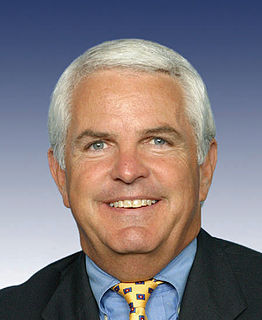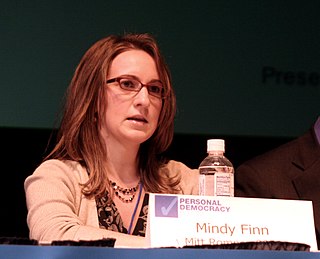A Quote by Hillary Clinton
There is no doubt that the increasing numbers of women in the economy has helped fuel significant growth everywhere. And economies that are making the shift more effectively and rapidly are dramatically outperforming those that have not.
Related Quotes
Mobile phone technology can help to bring financial services to the 80 percent of African women who do not have a bank account and bolster the growth of the world's poorest continent. It's not just about empowering women, it's about economic growth. Unless we can make access to finance easier for women in their businesses, we will be missing out on a significant portion of growth within our economies
One of the most striking trends, since at least the 1960's, has been for employment in services to grow far more rapidly than employment in manufacturing. It is this trend that has led to the view that developed economies have become de-industrialized and that they are now effectively service economies.
The de industrialization of the US. economy based on the migration of corporations into third world areas where labor is very cheap and thus more profitable for these companies creates on the one hand conditions in those countries that encourage people to emigrate to the US. in search of a better life. On the other hand, it creates conditions here that send more black people into the alternative economies, the drug economies, women into economies in sexual services, and sends them into the prison industrial complex.
The impact of QE on generating more lending by Wall Street to Main Street and in generating more employment and increasing overall investment in the economy is quite modest. QE probably limited the initial collapse of the economy in 2008, and likely had a very small positive impact on economic growth, but its broader impact on jobs and growth in the economy seems not very big.
Like all major transitions in human history, the shift from a linear to a circular economy will be a tumultuous one. It will feature heroes and pioneers, naysayers and obstacles, and moments of victory and doubt. If we persevere, however, we will put our economy back on a path of growth and sustainability.
The job numbers are positive. We've had more jobs created now than were lost during the recession. We're seeing that the creation, we're seeing those numbers not only grow but shift toward the private sector and shift toward full-time employment and these are all signs that the recovery is taking some hold but we're not out of woods.
To change our national economic story from one of financial speculation to one of future growth, we need a third industrial revolution: a green revolution. It will transform our economy as surely as the shift from iron to steel, from steam to oil. It will lead us toward a low-carbon future, with cleaner energy and greener growth. With an economy that is built to last - on more sustainable, more stable foundations
Growing economies are critical; we will never be able to end poverty unless economies are growing. We also need to find ways of growing economies so that the growth creates good jobs, especially for young people, especially for women, especially for the poorest who have been excluded from the economic system.
I think the fact that our economy has changed dramatically over the last 20 years. It's a new economy that has really left some people behind but it has also leveled the playing field in way that has really provided access to women and people of every color, race, and creed to participate and thrive. So while that's not explicitly a women's issue, what it highlights is that women have more opportunities than they've ever had in this country.

































